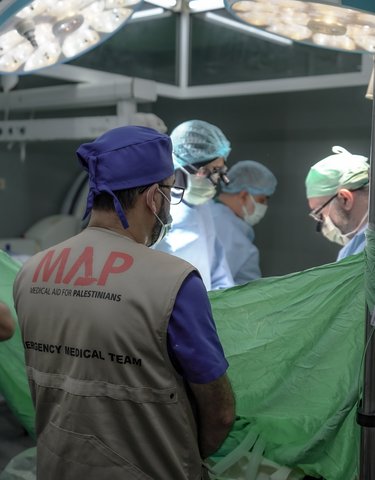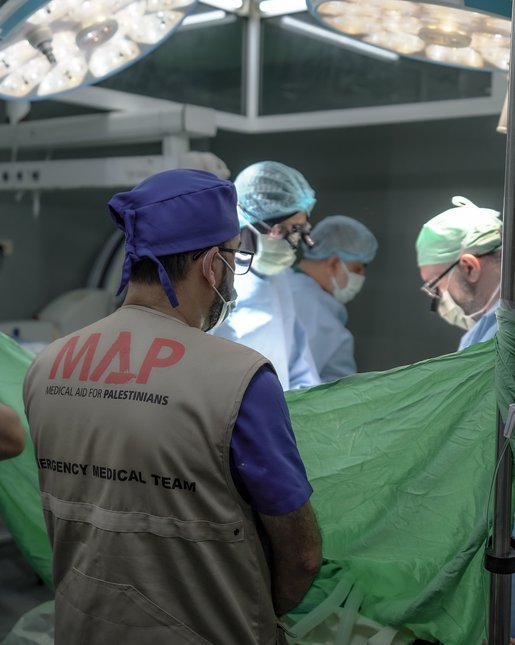Summer camps supporting Gaza children traumatised by violence and blockade
10 September 2021
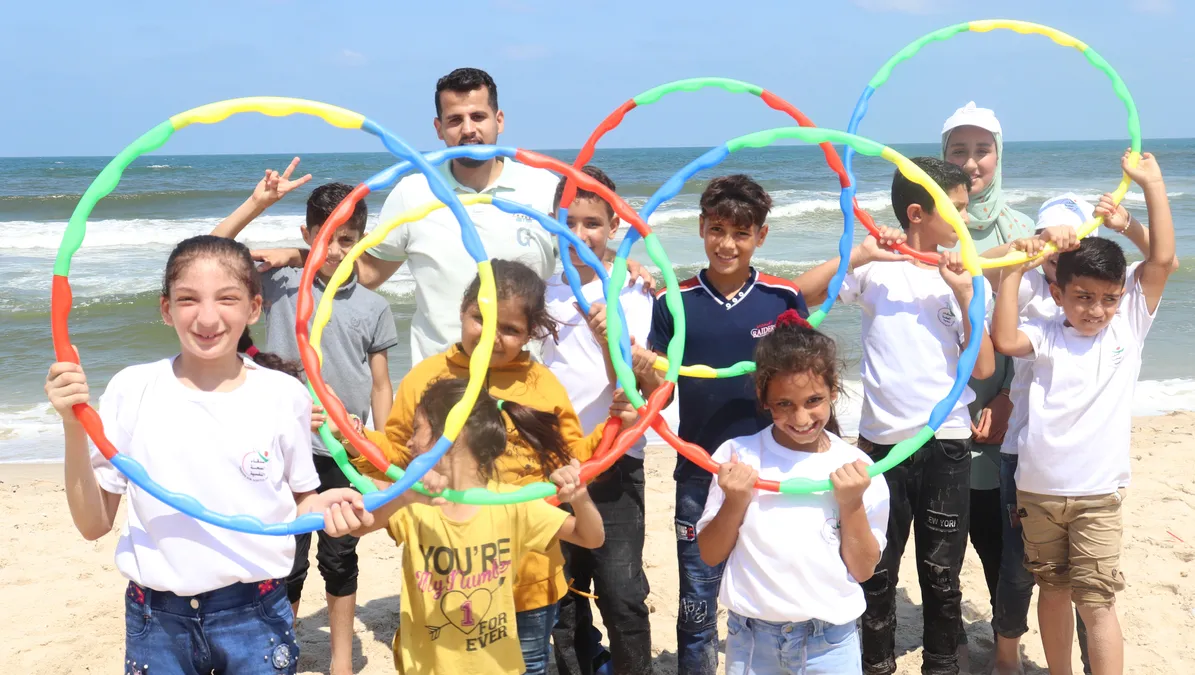
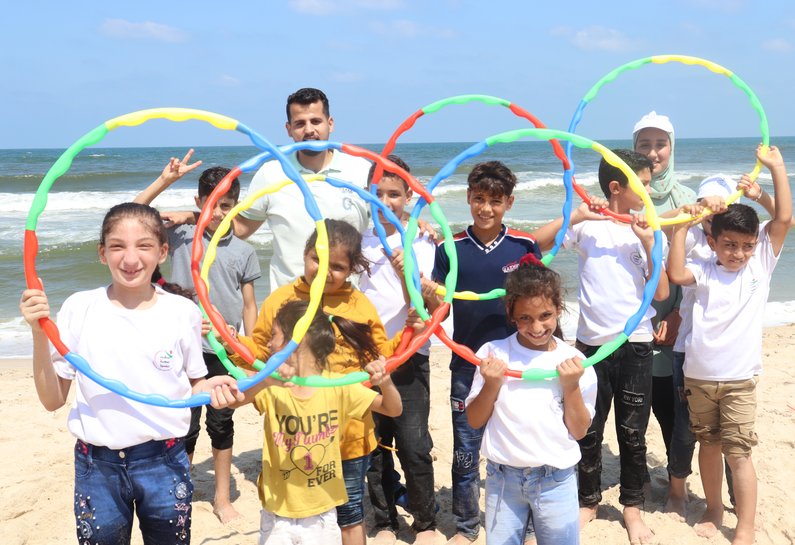
“After the 11 days of aggression, we were worried and afraid,” 11-year-old Ghada* recently told Medical Aid for Palestinians (MAP). “But the summer camp helped us escape the atmosphere of war and COVID-19 fears.”
Ghada was one of the 80 children who took part in one of two summer camps in Al Shalehat, in Gaza, organised by MAP’s partner Friends for Mental Health (FFMH). The camps aimed to provide psychological and educational support, and an emotional release, for children who have been affected by the recent assault on Gaza, the ongoing COVID-19 crisis, and economic problems sustained by 14 years of blockade and illegal closure.
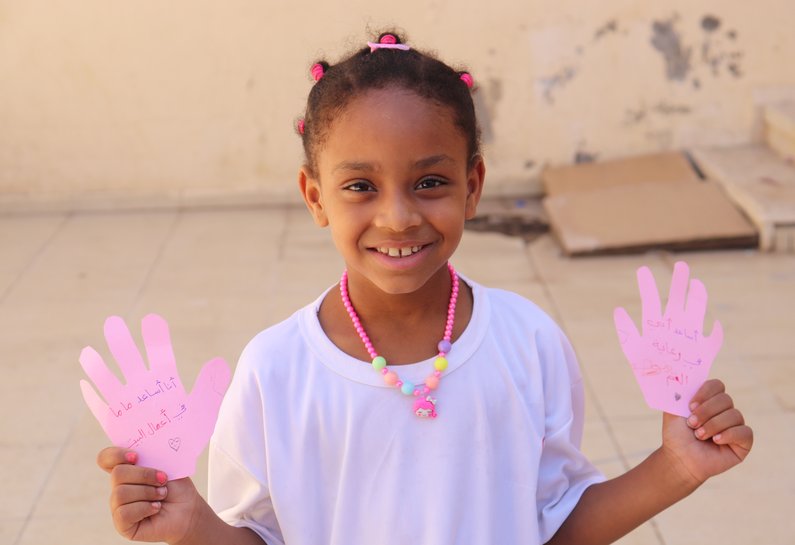
During the 10-day camps, children took part in a range of activities designed to boost their mental health and wellbeing including games, competitions, drawing and swimming. Those selected to join the camps had previously suffered from psychological problems such as withdrawal, isolation, depression and aggression.
The happiness, positivity and motivation of the children who took part has been clear to see. “Every day we eat delicious food and play amazing games; the best thing is the swimming pool,” said six-year-old Ahmad*. Many children told MAP how they often woke up early during the camp because they were so excited to start the day.
Parents also told us how the summer camp had a hugely positive impact on their children’s psychological wellbeing. “Before the camp, they were exhausted, anxious and upset. But during and after the camp; they were overjoyed,” said the mother of two girls who attended the camp. “They were talking all the time about the summer activities. I wish the camp time was longer. They woke up hours before the bus arrived and were so excited to go to the camp.”
FFMH are a group of community activists and volunteers powered by dedication and passion to ensure high quality mental health and psychosocial services. They run summer camps for children every year. You can support MAP’s partnership with them by making a donation today.
*Names changed to protect identity.
Read this story in Arabic here.
